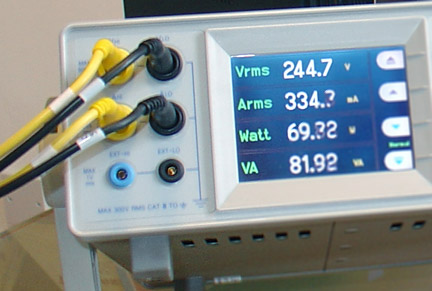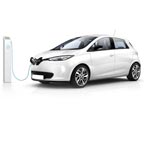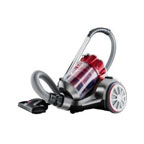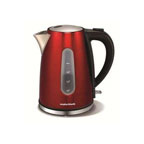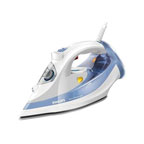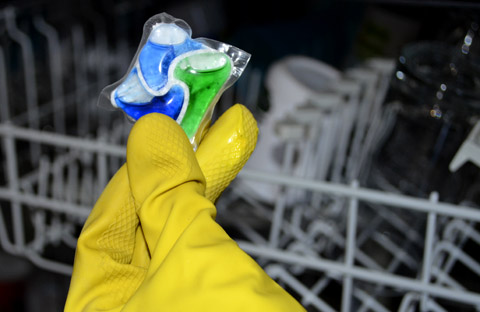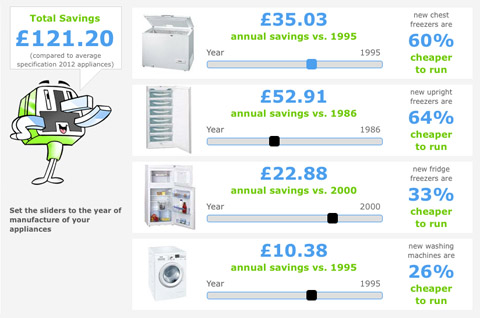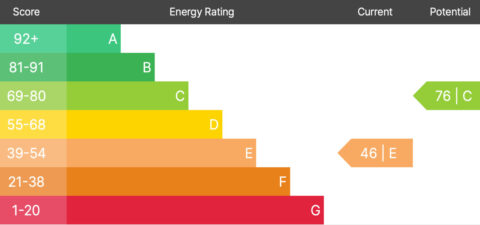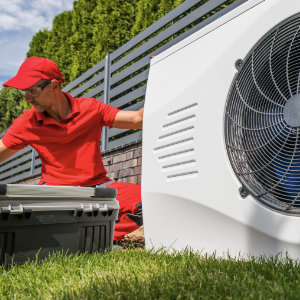A slap on the wrist for manufacturers Whirlpool (UK) Ltd, for displaying inaccurate energy usage information on one of their large chest freezers (model number CO405W). The National Measurements Office (NMO), the Government body responsible for checking up on the reliability of energy labels, found that the CO405W Whirlpool chest freezer used an average of 14.6% more energy than declared on the label. This was part of a wider project examining compliance in this area of the market. The chest freezer displayed its energy consumption as 332kWh per year, but results from an accredited testing process showed it used 381kWh/year.
We need to have confidence that products are wearing the correct energy labels, and that there are appropriate sanctions for manufacturers when they are found to be inaccurate. So was this the case for Whirlpool? Well, when NMO contacted them in May 2012, there were no remaining stocks of the product and they were preparing a new model of chest freezer for release. As no internal tests had been done between 2010 and September 2011, the time the last models were placed on the market, the focus shifted to guaranteeing the current range of freezers performed to the levels declared on the energy labels. To ease their conscience Whirlpool (UK) made a donation of €10,000 (£8,300) to Global Action Plan, a charity committed to changing the way individuals, businesses and schools think about their environmental behavior. This is almost half the amount that Zanussi donated to the Woodland Trust, when, in April 2012 one of their chest freezers (the ZFC321WA) was found to be using 14.4% more kWh per year than stated. Also, what about the consumers who bought a Whirlpool CO405W chest freezer? A difference of 49kWh per year might not seem a huge deal, however over the 17 year average lifespan of the freezer, that could add up to £120 (based on current energy prices). And how many of these chest freezers did Whirlpool sell? That could add up to quite a lot extra CO2! Meanwhile sust-it is showing some surprising results for some budget refrigerators, let’s hope the labeling on these is correct; we’ll keep you posted.
